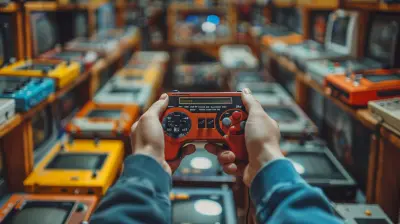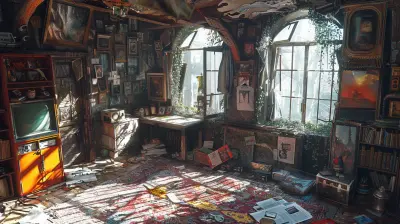Why Game Progression Feels Different in Indie Titles
11 October 2025
If you've ever played an indie game and thought, "Wow, this feels... different," you're definitely not alone. Maybe it wasn’t just the quirky art or the heartfelt story. Maybe it was the way the game unfolded—the way you progressed through the experience. There's something undeniably special about the way indie games handle progression, and it's more than just game design. It’s soul, it’s passion, it’s authenticity.
Let’s take a dive into why game progression feels different in indie titles. This is more than just about leveling up or unlocking new stuff—it’s about emotion, connection, and a kind of magic you don’t always find in big-budget releases.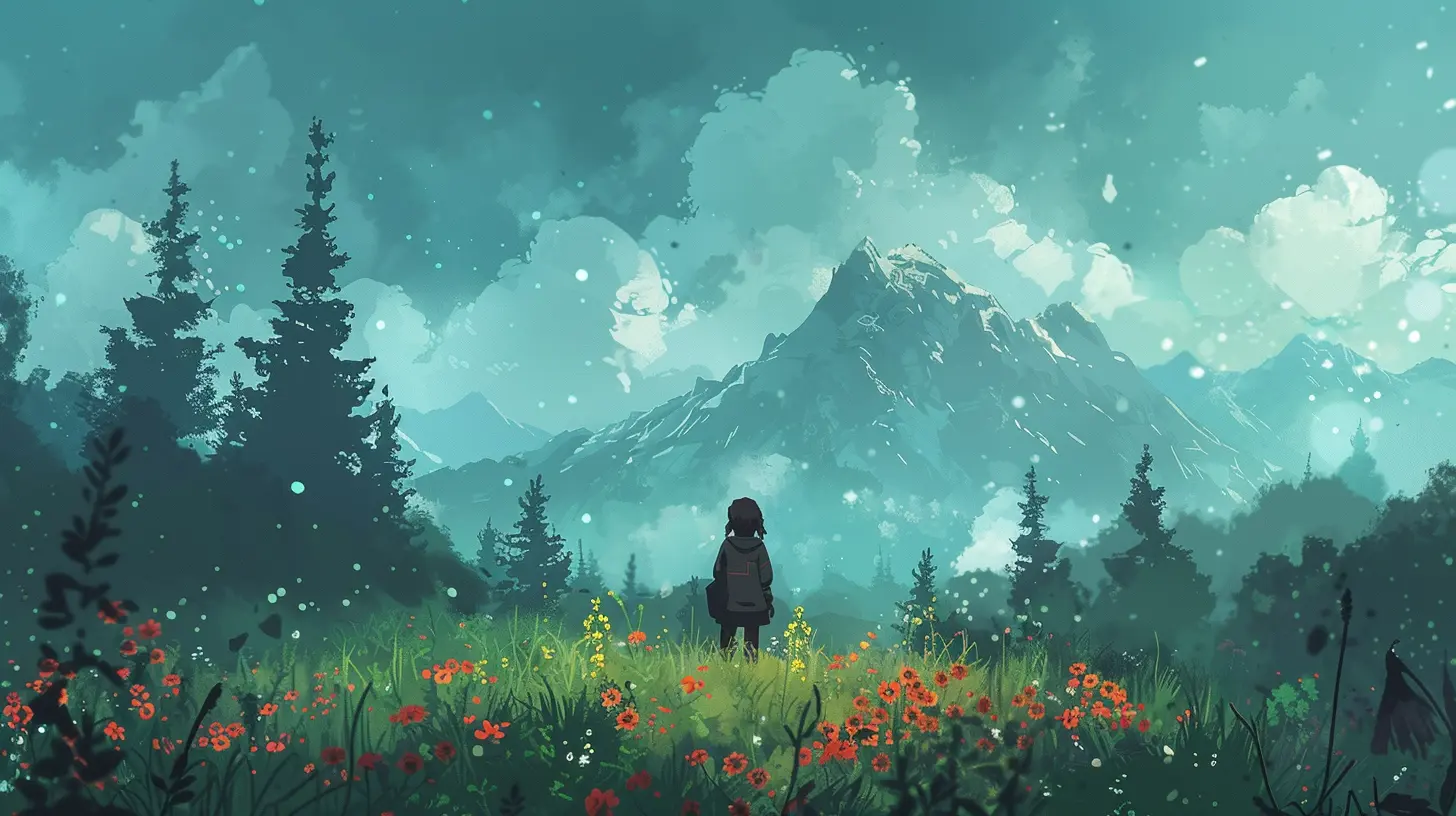
What Even Is Game Progression?
Before we go too deep, let’s talk basics. Game progression is how you move forward in a game. It could be leveling up your character, unlocking a new ability, advancing the story, discovering a new area, or even just getting better at playing. In essence, it’s the “journey” part of the game.In AAA games, this journey often follows familiar patterns: XP bars, tech trees, skill points, fast travel, structured objectives—you know the drill. That’s not a bad thing at all, but it’s pretty predictable. Indie games? They take those rules and toss them out the window—sometimes gently, sometimes like a rock star throwing a guitar.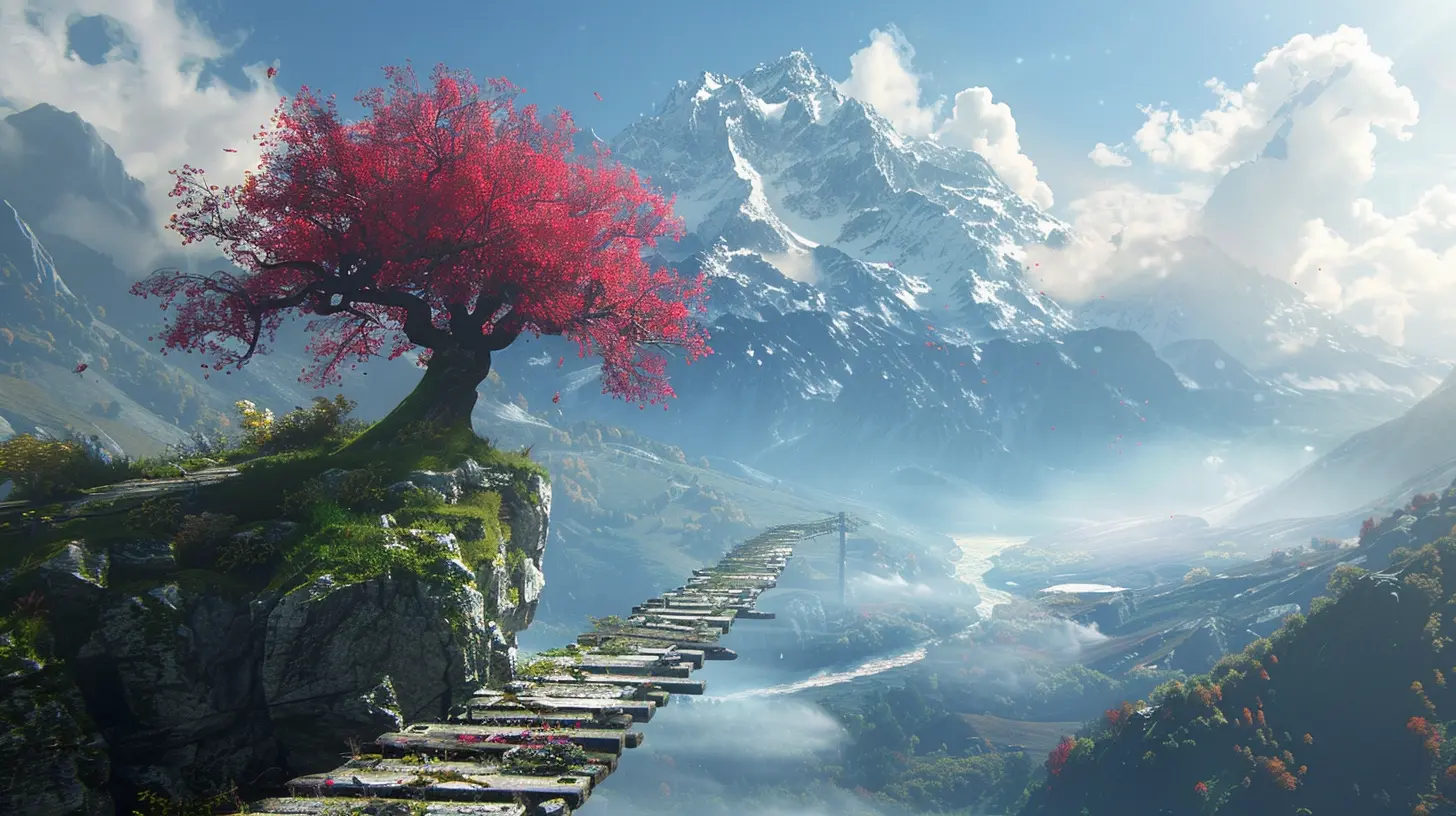
The Indie Mindset: Passion Over Conformity
Let’s be real—indie developers aren't shackled by corporate expectations or shareholder pressure. They're not trying to tick every box on a publisher’s checklist. Instead, they’re pouring their hearts into games based on personal visions, weird ideas, or a specific vibe they want to share.And that shows in the way they design progression. Many indie devs ask themselves, “What feels right for this world?” rather than “What sells best?” The result? You get unique systems that often align closely with the game’s narrative, mood, or mechanics.
Ever played Celeste? The difficulty progression is tied directly to the emotional journey of the main character. It’s not just hard for the sake of being hard—it means something. And that’s pretty rare.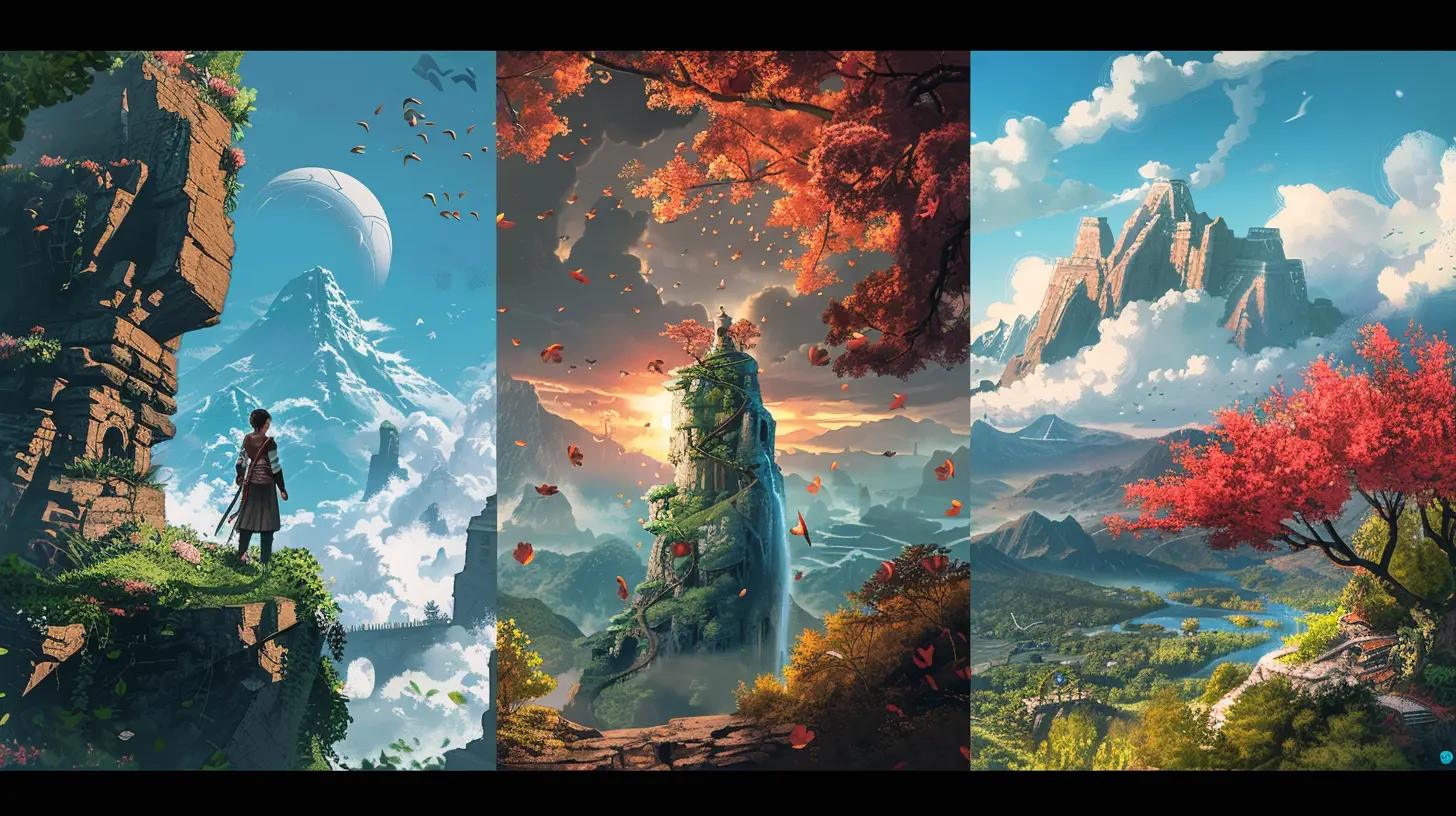
Smaller Teams = Bolder Risks
When you’re not managing a thousand-person team, you’ve got room to be bold. Indie devs can experiment with weird mechanics that would be too risky for a multi-million dollar release. You want a roguelike farming sim with magical realism elements and a sentient goat? Go for it. And yeah, these experiments often impact progression in fascinating ways.Take Slay the Spire, for example. It fused card mechanics with roguelike elements, crafting progression that resets every run but also builds up your knowledge of the game. You’re not just progressing in stats—you’re progressing as a player. That's deep-level design thinking most mainstream games are too scared (or too big) to try.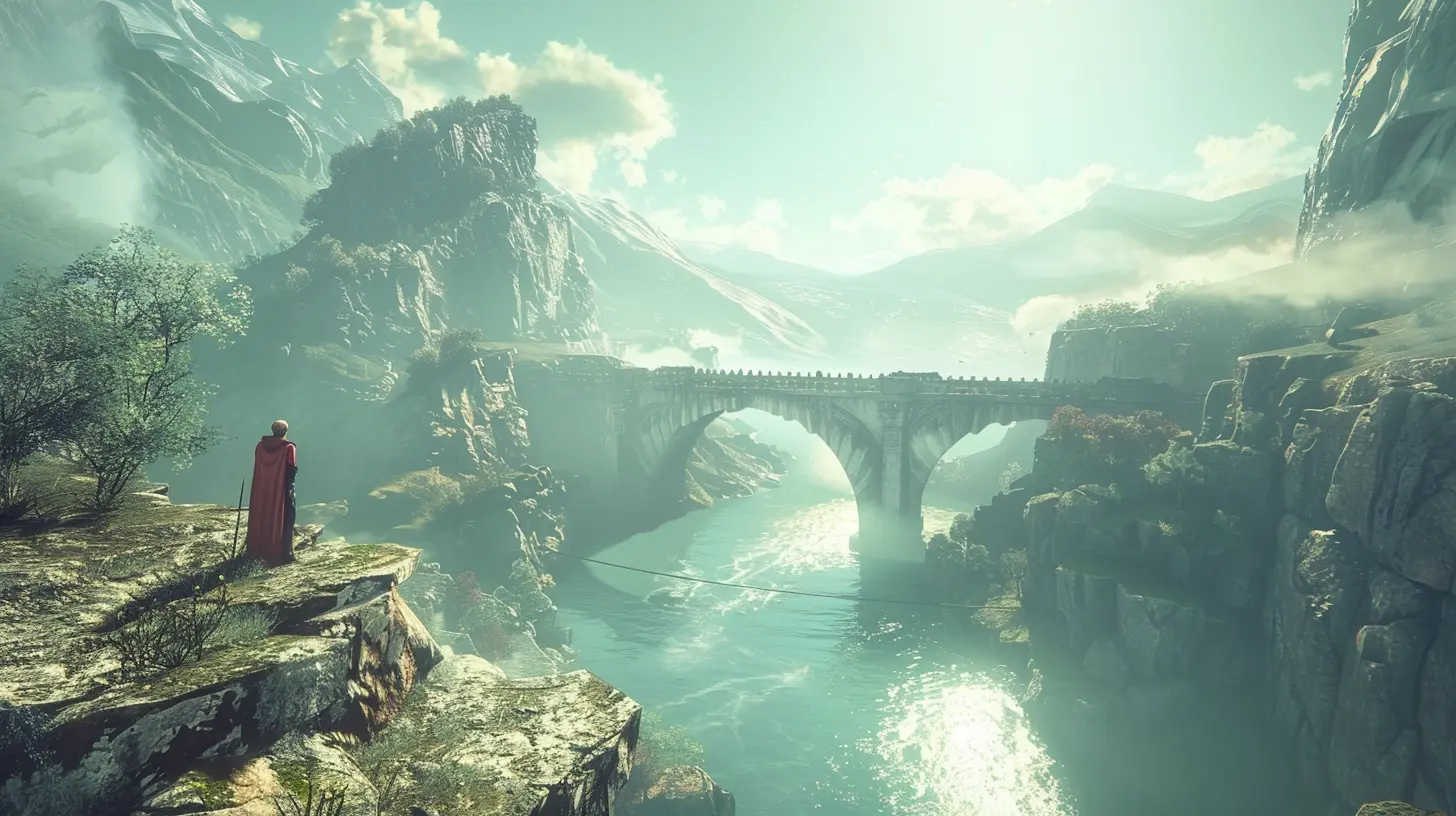
Unconventional Storytelling Drives Unique Progression
AAA games often tell their stories in a straight line—main quests, side quests, cutscenes. Indie games? Not so much. They might use environmental storytelling, fragmented lore, or even let you piece together the plot through gameplay alone.This affects how players progress because it’s not always obvious what your “next step” is. Sometimes, you’re just wandering and stumbling into the next moment that changes everything. And that’s the charm.
Take Journey or Inside. These games don’t have dialogue or traditional HUDs. You move forward based on curiosity, intuition, and atmosphere. That’s raw, organic progression—and it's deeply personal.
Emotional Investment Hits Different
Here’s something wild: when game progression mirrors emotional growth, it hits harder.In AAA games, you might grind to unlock the next big sword. In indie games, you might confront a memory, overcome personal doubt, or experience loss. The reward isn’t a better weapon—it’s catharsis.
Think of To The Moon. The progression isn’t about skills or loot. It’s about uncovering a man's memories and reordering them to fulfill a dying wish. Every moment you move forward, your heart moves with it. That kind of emotional journey rewires how you think about progression.
Freedom from Tradition Sparks Innovation
Without a huge marketing machine breathing down their necks, indie devs can skip traditional tropes. Progression doesn’t have to mean XP or loot. It could mean changing seasons in a story-rich farming sim. It could mean your own shifting perspective as you realize the game isn’t even what it first seemed.Games like Undertale flipped the whole RPG progress model on its head. You don’t have to fight. In fact, you’re encouraged to spare your enemies. The progression isn’t about becoming more powerful—it’s about learning empathy, patience, and creativity. That’s revolutionary.
Player Agency Means More Than Just Choices
In indie games, you often feel like your actions genuinely shape the world, not just because they change the ending, but because they twist the very fabric of how the game flows.This style of progression is more than stats—it's transformation. And it gives you a real sense of agency. Your growth as a player becomes the game’s backbone.
In Hollow Knight, you start off weak and unsure. Progression is slow, mysterious, and honestly a bit overwhelming. But the more you play, the more connected you feel to the world. You start picking up on hidden paths, lore clues, and secret abilities. By the end, you've grown into a master explorer—not just because the game gave you cool gear, but because you earned every step.
Time Has a Different Weight in Indie Games
Let’s talk pacing. Indie games often respect your time in different ways. Some are bite-sized masterpieces that wrap up in one sitting. Others are sprawling adventures that slowly unfold over dozens of hours—but they rarely waste a second.Because indie devs know they don’t have 100 hours of cutscenes and side quests, progression is often tighter. Every step forward feels meaningful. There’s no fluff. No grind missions to pad the runtime. No artificial walls.
You’re not progressing just because you’re checking off tasks—you’re progressing because you’re genuinely invested in what’s next.
The Sound and Feel of Progression
Even audio and aesthetics play a huge role. In indie games, tiny details matter. The way the music swells when you complete a section. The shift in color palette as you move to a new area. These subtle changes reinforce the feeling of progression in emotional, sensory ways.Games like Hyper Light Drifter or GRIS use color, mood, and animation to tell you where you’re headed emotionally—even more than they tell you where you are mechanically. It’s art in motion.
The Community Connection
One of the coolest things about indie games? The community often grows around them organically. Gamers love sharing discoveries, theories, and fan art. That sense of community creates a ripple effect. As people talk about what they unlocked, how they interpreted a story beat, or the way they beat a boss, players feel inspired to explore deeper.Progression, in this case, becomes a shared experience. It’s not just about what you did in the game—it’s about what it made you feel and how it resonates with others. That’s powerful.
So, Why Does It Really Feel Different?
Let’s boil it down. Game progression in indie titles feels different because:- It’s personal, not cookie-cutter.
- It’s risky and raw, not safe and polished.
- It’s emotionally tied to your experience, not just your stats.
- It respects your time and intelligence.
- It transforms you, not just your character.
You feel like part of the creative process—like a co-author of your journey. And when that journey reflects something deeper than just “beat the boss, get the loot,” you walk away changed.
Final Thoughts: The Magic of Progression That Matters
When we talk about “progression” in indie games, we’re really talking about growth—both in-game and within ourselves. These aren't just pixelated levels or skill trees. They're mirrors, windows, and doorways.So, the next time you boot up an indie game, pay attention to how it pushes you forward. It might not be with fancy cinematics or endless quests. It might be with quiet moments, clever design, or a story that grabs your heart and doesn’t let go.
And that? That’s why game progression feels different in indie titles.
all images in this post were generated using AI tools
Category:
Game ProgressionAuthor:

Avril McDowney
Discussion
rate this article
1 comments
Kassandra Cruz
Indie games often prioritize unique storytelling and player experience over traditional progression mechanics, making their growth feel more personal and impactful, resonating deeply with players.
October 16, 2025 at 2:43 PM

Avril McDowney
Absolutely! Indie games often focus on innovative narratives and player-driven experiences, creating a more personal connection that enhances emotional impact compared to traditional progression systems.
